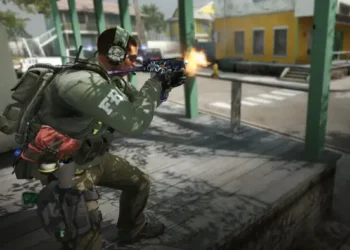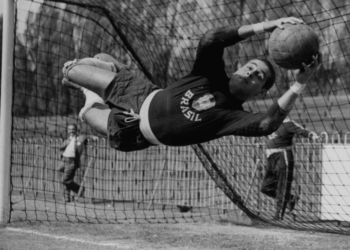DISCLAIMER © 2023 Voddler.Com. All right go to their respective owners
Gaming
The Best Games For Four To Play On The Weekend
Many players want to have an interesting and fun time and at the same time will be faced with various...
A Comprehensive Guide to Different Types of Game Servers
Gaming servers allow multiple players to connect and play online games together. There are different types of servers and the...
The Savvy Gambler’s Guide to Unearthing Top-Tier Casino Bonuses
Navigating the bustling world of online casinos can feel like a quest through a jungle teeming with both treasure and...
How to Get Skins in CS2? – A Complete Guide
In the vast and ever-expanding universe of CS2, weapon skins have become more than just cosmetic enhancements; they're a form...
The Future Of Horse Racing: Virtual Reality and AI Implementation At Racetracks
There are few more historic sports in the world than horse racing, with action taking place on track for hundreds...
The Solid Gilmar
The Brazilian national team from the 1950s and 1960s was one of the best teams of all time. At this...
The Future of Gaming: Cloud Platforms, Virtual Reality and Next Generation Technologies
Cloud gaming is a model in which games are launched and streamed to the user's devices over the internet, without...
The Power of Streamers in Modern Online Casinos
The online casino industry has witnessed remarkable growth over the past few years. This surge is not just due to...
Unlocking the Fun: Exploring the World of Demo Casino Games in Canada
In the dynamic landscape of online gambling, Canadian players are constantly seeking ways to experience the thrill of casino gaming...
Candy Crush Unblocked: At School In 2024
Candy Crush Unblocked is more than just a game; it's a global phenomenon that has captivated millions with its colorful...










